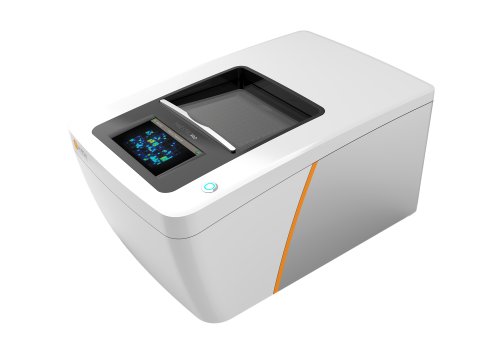Authors: C. Altrocchi, K. Van Ammel, M. Steemans, M. Kreir, F. Tekle, A. Teisman, D. J. Gallacher, and H. R. Lu
Frontiers in Pharmacology, 10 July 2023
Scientists use Axion’s Maestro multielectrode array platform with the MEA Viability software module to assess acute and chronic cardiotoxic effects of drug compounds on hiPSC-CMs in vitro.
Drug-induced cardiotoxicity can lead to failures at late stages in development or costly withdrawals from the market, but most in vitro screening platforms only assess acute cardio-electrophysiological changes. In this study, scientists develop and validate an assay using human pluripotent stem cell-derived cardiomyocytes (hiPSC-CMs) to assess both acute and delayed drug-induced electrophysiological and cytotoxic effects.
Using the noninvasive, label-free Maestro Pro multielectrode array (MEA) system, the team first assessed the effects of compounds with and without high cardiac risk profiles, demonstrating the ability of the assay to reliably recapitulate drug-induced toxicities. Next, the team used the Maestro’s innovative MEA Viability software module, which combined the electrophysiology recordings with cytotoxic readouts via impedance, to assess acute (two hours) and chronic (up to 96 hours) effects in the hiPSC-CMs in real time.
Overall, the authors conclude that the combination of electrophysiology assessments and impedance-based cytotoxicity measurements enabled the team to “capture different mechanisms of drug-induced cardiotoxicity, including impaired ion-channel trafficking and direct cytotoxicity, at relevant therapeutic concentrations,” potentially leading to more efficient drug development and safer therapeutics for patients.


